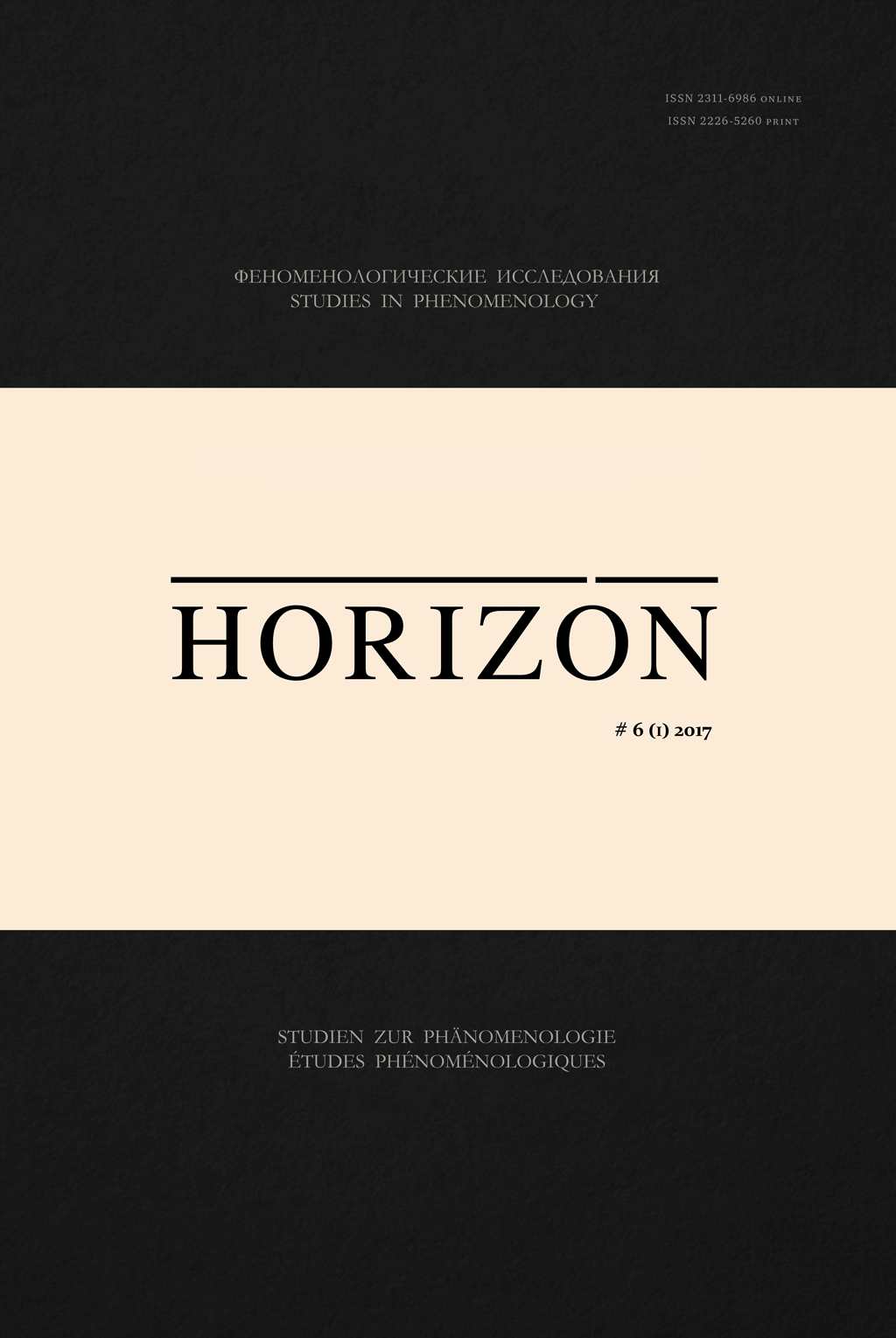ИНТЕНЦИОНАЛЬНОСТЬ: АМЕРИКАНСКАЯ ТОЧКА ЗРЕНИЯ
INTENTIONALITY: AN AMERICAN POINT OF VIEW
Author(s): Sergey NIKONENKOSubject(s): Contemporary Philosophy
Published by: Издательство Санкт-Петербургского государственного университета
Keywords: Intentionality; phenomenology; analytical philosophy; epistemology; consciousness; subject; experience; intersubjectivity
Summary/Abstract: The matter of the article is to give an outline of American theories of intentionality and to compare it with E. Husserl’s phenomenology. It is one of the first Russian systematic studies of American theories on intentionality that is represented here. It is John Searle’s philosophy that is the main American theory of intentionality. Some other thinkers (R. Chisholm, J. Findlay, N. Rescher, E. Thompson, D. W. Smith, etc.) are studied here too. Searle treats intentionality as a natural quality of consciousness. He forbids the linguistic approach; intentionality is understood from the point of view of humanistic (internal) realism. Intentionality is successive when the subject is satisfied by his acquaintance with the object. The main feature of intentionality is aspectuality that has the subject of not eliminated subjectivity of any conscious act and the first person ontology. Searle proposes the collective intentionality that is analogous to phenomenological intersubjectivity. E. Thompson proposes the synthetic theory of intentionality that unites phenomenology, philosophy of consciousness and neural science. D. W. Smith proposes the theory of intentional context. He rejects the study of atomistic intentional acts. Husserl’s and Searle’s theories of phenomenology may be united in several main points: 1. Experience is an internal process; 2. Experience cannot be separated of aspectuality; 3. Intentionality cannot be eliminated in any conscious act; 4. The other mind can be considered only from internal point of view; 5. There is collective intentionality of mankind. There are several distinctions between Husserl and Searle: 1. Searle is a realist on intentionality, Husserl puts on an idealistic concept of it; 2. Searle considers intentionality from empirical point of view, not from the rationalist one; 3. Searle is an adept of skepticism about self, he rejects transcendental concept of cogito. But irrespective of distinctions there is convergence of analytical and phenomenological views in contemporary philosophy of consciousness.
Journal: Horizon. Феноменологические исследования
- Issue Year: 6/2017
- Issue No: 1
- Page Range: 9-44
- Page Count: 36
- Language: Russian

